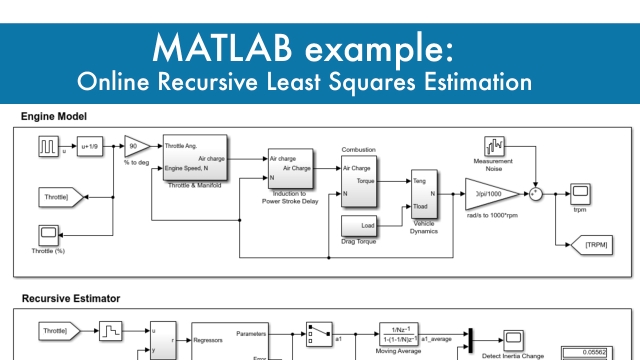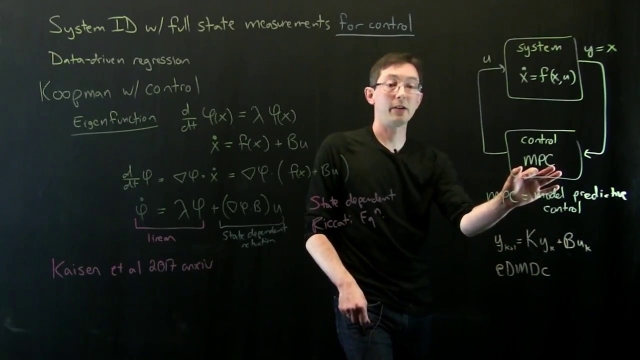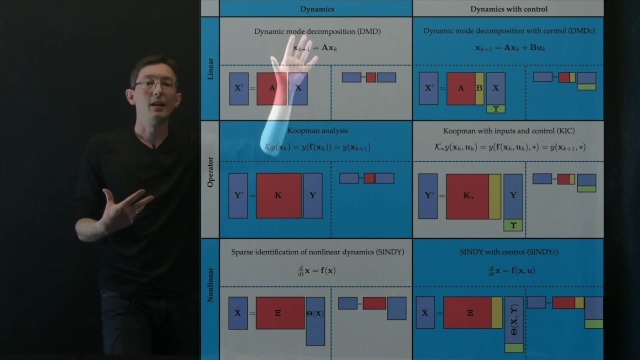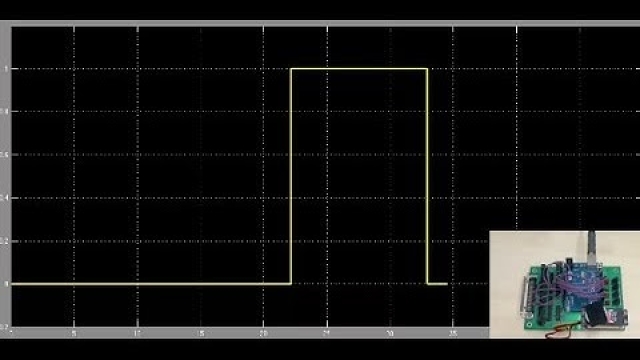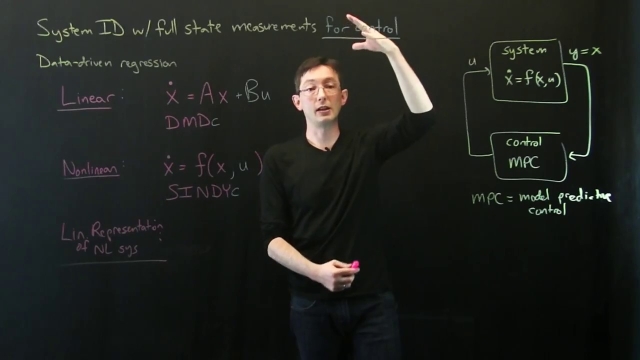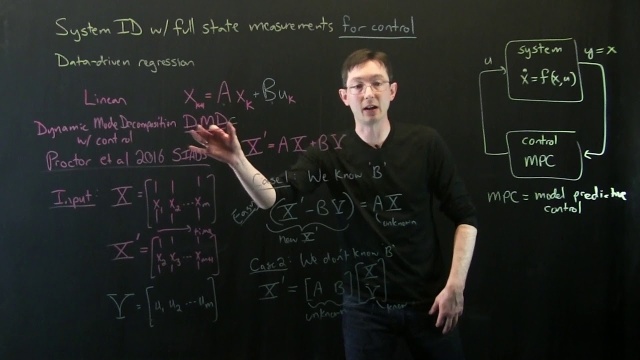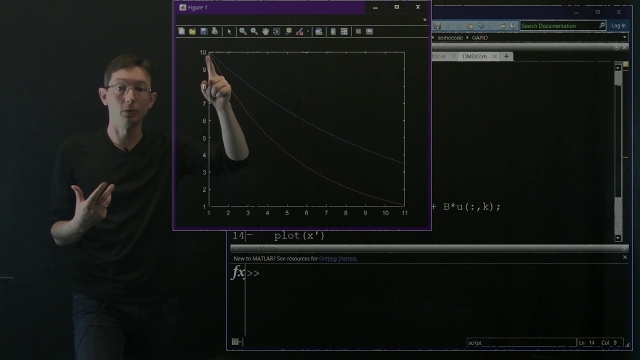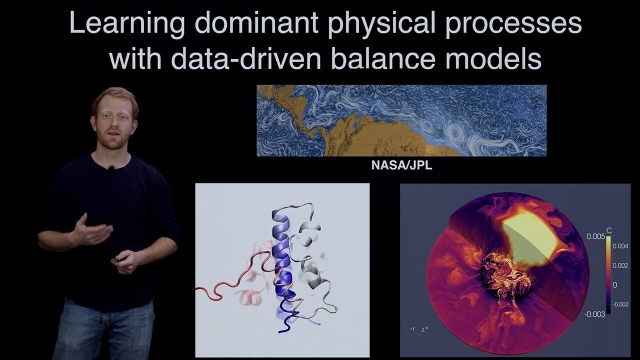The field of system identification uses statistical methods to build mathematical models of dynamical systems from measured data. System identification also includes the optimal design of experiments for efficiently generating informative data for fitting such models as well as model reduction. A common approach is to start from measurements of the behavior of the system and the external influences (inputs to the system) and try to determine a mathematical relation between them without going into many details of what is actually happening inside the system; this approach is called system identification.
Topic
System Identification
This topic includes the following resources and journeys:
Type
Experience
Scope
MATLAB Example: Online Recursive Least Squares Estimation
This example shows how to implement an online recursive least squares estimator. You estimate a nonlinear model of an internal combustion engine and use recursive least squares to detect...
See MoreSystem Identification: Koopman with Control
This lecture provides an overview of the use of modern Koopman spectral theory for nonlinear control. In particular, we develop control in a coordinate system defined by eigenfunctions of...
See MoreSystem Identification: Regression Models
This lecture provides an overview of modern data-driven regression methods for linear and nonlinear system identification, based on the dynamic mode decomposition (DMD), Koopman theory, and...
See MoreOnline Fault Detection for a DC Motor
Program embedded processors to estimate parameters and detect changes in motor dynamics in real time using System Identification Toolbox™.
See MoreSystem Identification: Full-State Models with Control
This lecture provides an overview of modern data-driven regression methods for linear and nonlinear system identification, based on the dynamic mode decomposition (DMD), Koopman theory, and...
See MoreSystem Identification: Dynamic Mode Decomposition with Control
This lecture provides an overview of dynamic mode decomposition with control (DMDc) for full-state system identification. DMDc is a least-squares regression technique based on the singular...
See MoreSystem Identification: DMD Control Example
This lecture gives a Matlab example of dynamic mode decomposition with control (DMDc) for full-state system identification.
See MoreIdentifying Dominant Balance Physics from Data - Jared Callaham
This video illustrates a new algorithm to identify local dominant physical balance relations from multiscale spatiotemporal data.
See More
